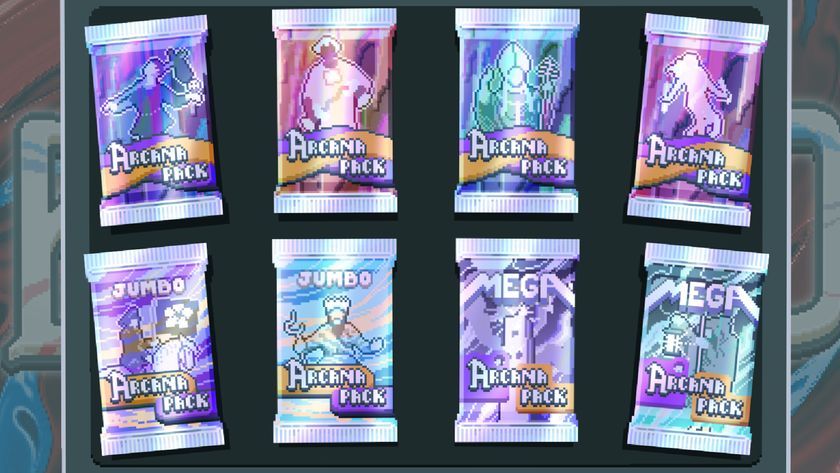Jonathan Blow interview: How to fix the adventure, innovate mainstream games and do a sequel right
We talk to the creator of Braid about his new game The Witness and... LA Noire?
GamesRadar: Smaller indie games are good for innovation and experimentation. Have you played any bigger mainstream games recently that you feel had new ideas? That weren’t just sticking to the same formulas?
JB: Actually, there are quite a number of mainstream games that do that; it’s just that when they do, they don’t tend to do it with their whole heart or base the whole game on it. One example that I often use - an old example now - is Gears of War. Third-person cover mechanics had been done before, but then [Epic] put in this active reload thing which nobody had really done. That’s a small thing, a small piece of the overall design, but it’s an extra little step. If every triple-A game did that much of a step, we’d have a big piece of innovation.
Another example I was playing recently is LA Noire, but I wish that they had based the whole game around investigation. Instead there’s all this GTA-style driving around and I feel like they put this in because they didn’t have enough faith in the investigations. It’s kind of pointless, at least as far as I’ve played. But it’s still a pretty interesting game and you can very easily see that a lot can be built on for the next version... experiments to be done on top of those.
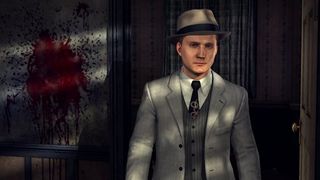
GamesRadar: Large publishers love sequels as well. Can you see yourself ever making a sequel to one of your games? Or do you always want to move on to a new project?
JB: No, I could. I could almost see a sequel to this game. I don’t know what it would be right now, but it would be about “Does a sequel bring something new? Does it bring enough new to justify being a whole new game?” I don’t ever want to do a cash-in sequel where it’s like the same game with new levels or whatever. But this kind of template has a lot of possibility. With Braid, the rewind had a lot of possibility, but in designing it, I felt I got to a lot of what I knew how to get to. With The Witness, there’s just so much that I had to stop designing it at some point and say “This is what’s in the game in order to ship.” So I could see making a game that is in this theme and has the same kind of feeling, but where the basic puzzle mechanic is different. I have all these possibilities in my head for what the next game could be, and they’re all different.
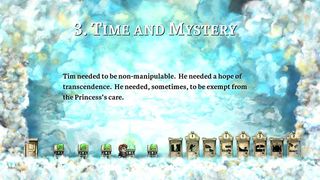
GamesRadar: Before we go, I want to put another question to rest. A lot of the people who disliked Braid used the word “pretentious” to criticize it. Can you understand why they would think that? Are your games pretentious?
JB: I disagree with the use of that word. I don’t think any of my games are “pretentious” because I’m not pretending. I legitimately mean everything that I put into the game. Whether that comes across or not, I don’t know… But what it really comes down to is that some people think, “Games do this sort of thing. They don’t do this sort of thing.” And I think games can do any kind of thing that we want them to do.
Sign up to the 12DOVE Newsletter
Weekly digests, tales from the communities you love, and more
One of the criticisms that I’ve heard about Braid is “Oh, I didn’t understand the story, and so the author failed.” Well, let’s look at another genre that people take seriously, like the novel. Very few people on the planet Earth could tell you that they understand Finnegans Wake, but it’s considered to be one of the great novels. Something like Gravity’s Rainbow is a very well respected, very complicated book that very few people understand, but that is part of the value of the medium. There’s so much to it that it’s not all there the first time you glance at it. If you’re interested, you dig into it and you understand more and more. I think that that’s a very valuable thing and I think that if we can more of that in games, it would be nice.
Any time you do something that’s different, some people will like it and some people won’t. Some people don’t like Braid and some people will not like this game. Although The Witness is probably harder to call pretentious because it’s got a very different mood. But people will find something to call it, right?
Aug 9, 2011

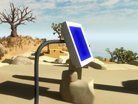
A first look at indie designer Jonathan Blow's latest philosophical puzzler

Braid mastermind minces no words in new interview

Ridiculous riddles that defy logic, common sense... and your patience
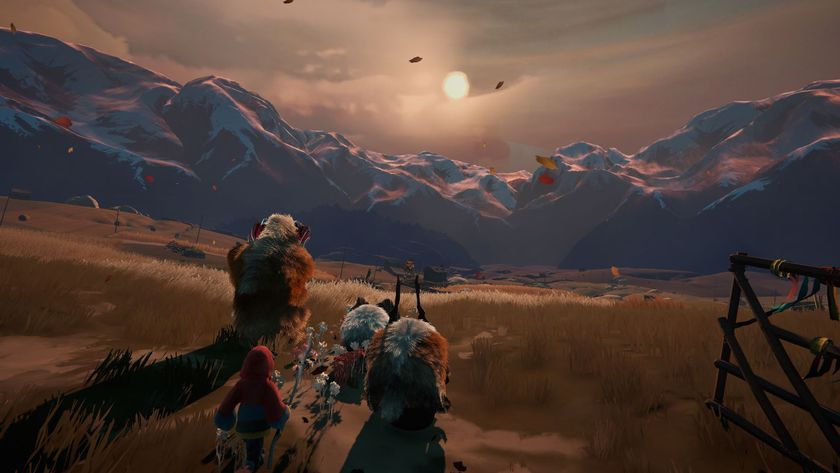
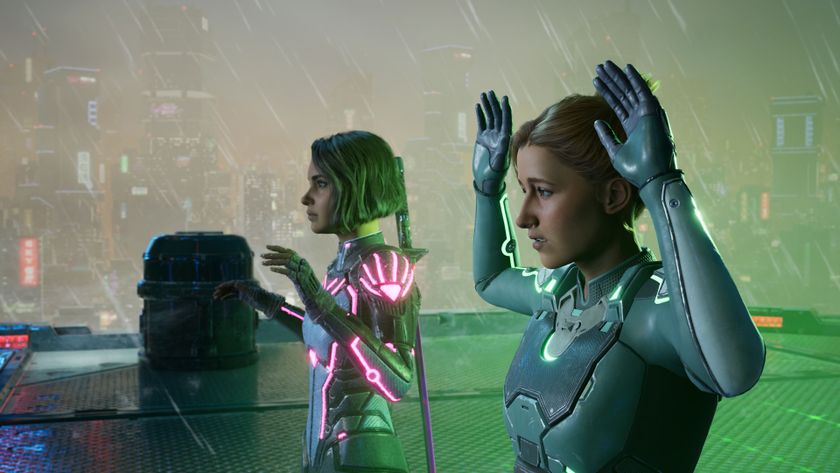
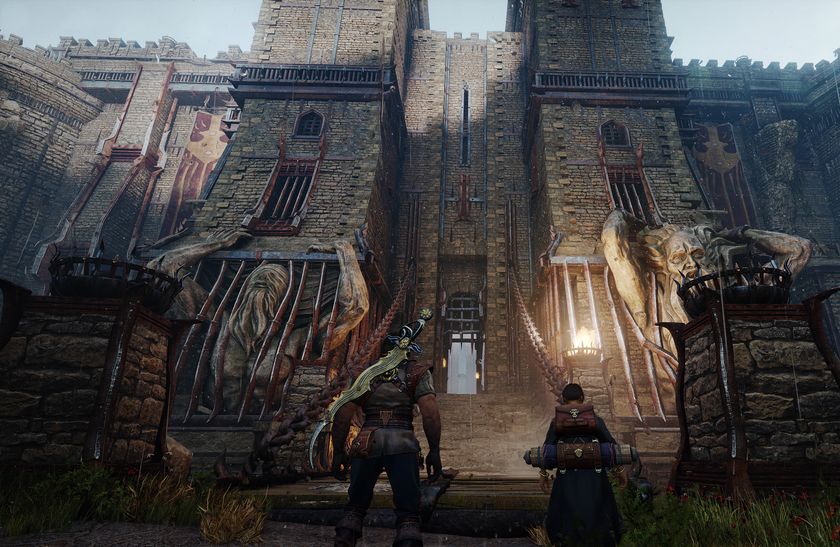
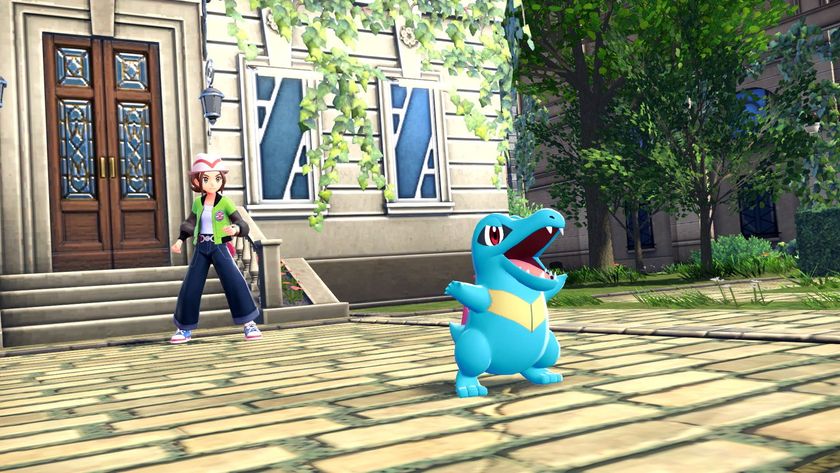
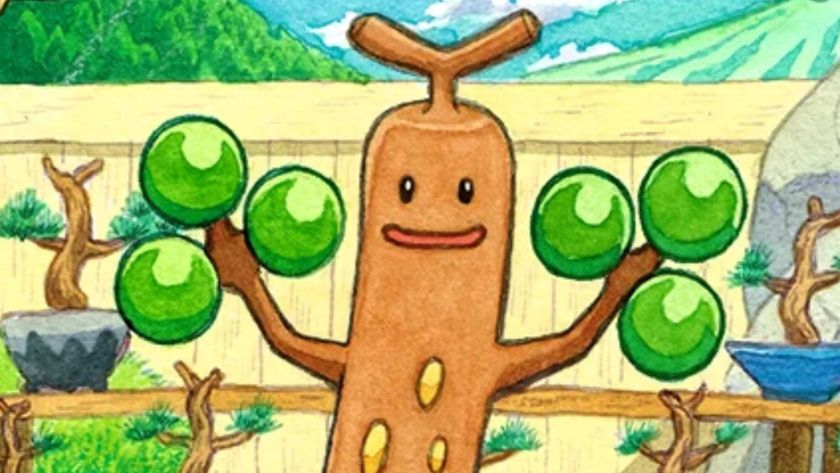
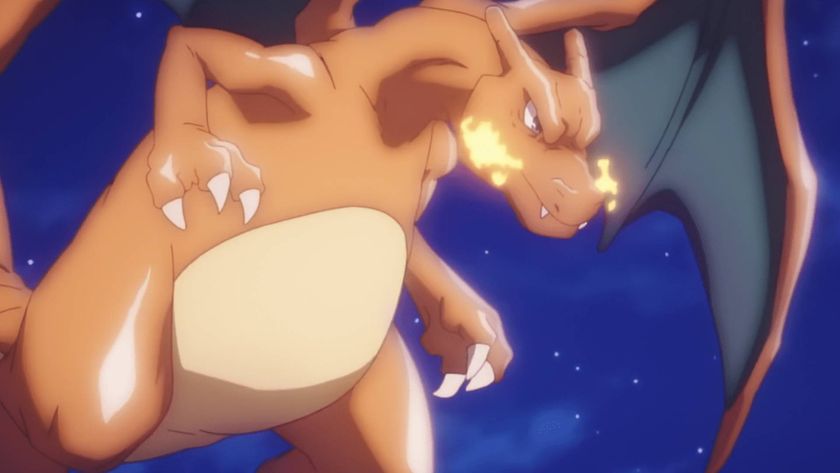

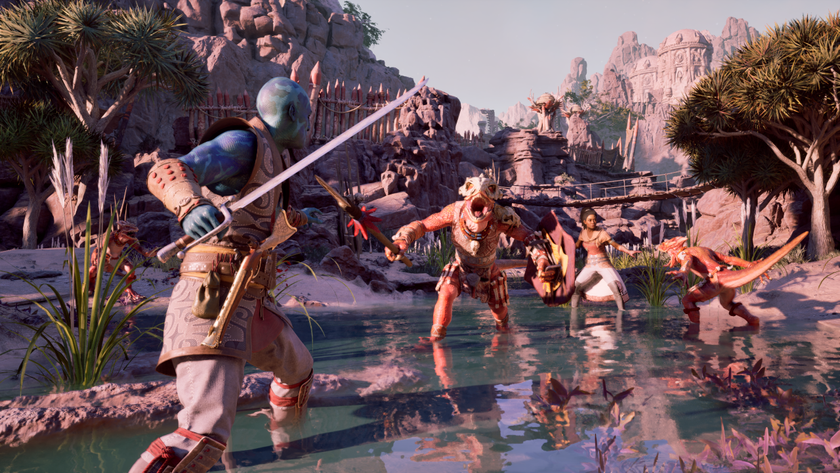

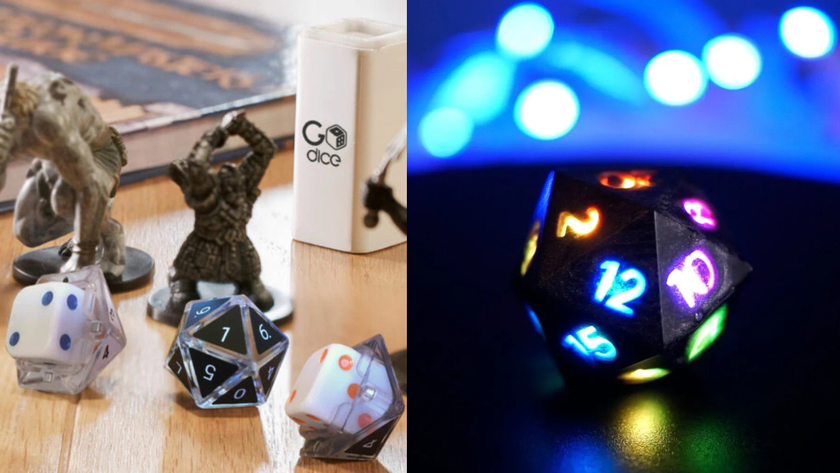
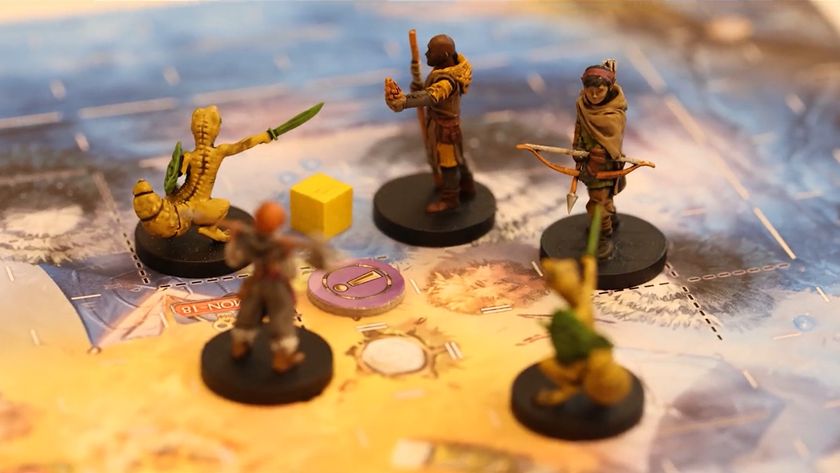


With 18,000 glowing Steam reviews on their lovely debut game, this indie team's game about leading cute fantasy yaks up a mountain is instantly one to watch

Blades of Fire plays like a lost Xbox 360-era mashup between God of War and Soulslikes, and it's coming from the studio behind Metroid Dread

